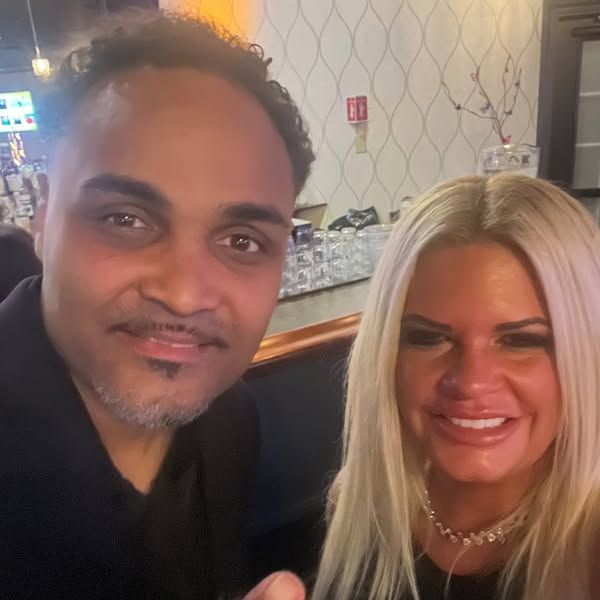Royal was Proud to Sponsor the 2025 BusinessWest Difference Makers Event!
Though the Difference Makers event has come to a close, let's continue to shine a light on the transformative power of giving back to our community! Every year, The Royal Law Firm is humbled to be a part of this incredible event that spotlights the brightest stars in our community. We can't wait to celebrate the 2026 Difference Makers and the boundless impact they'll have!



Springfield, MA Office
33 Elliot Street
Springfield, Massachusetts 01105
Phone: (413) 586-2288
Fax: (413) 586-2281
Hartford, CT Office
750 Main Street, Suite 100
Hartford, Connecticut 06103
Phone: (860) 724-4248
Providence, RI Office
100 Dorrance Street, Suite 700
Providence, Rhode Island 02903
Phone: (401) 283-8971
Bennington, VT Office
204 South Street
Bennington, VT 05201
Disclaimer: The information you obtain at this site is for informational purposes only. It is not, nor is it intended to be, legal advice and does not create or imply an attorney-client relationship. You should consult with an attorney for individual advice regarding your own particular situation. This website, including each page hereof, may be considered advertising pursuant to the Massachusetts Rules of Professional Conduct. You may reproduce materials available at this site for your own personal use and for non-commercial distribution. All copies must include the above copyright notice.
The Royal Law Firm LLP. | All Rights Reserved.






